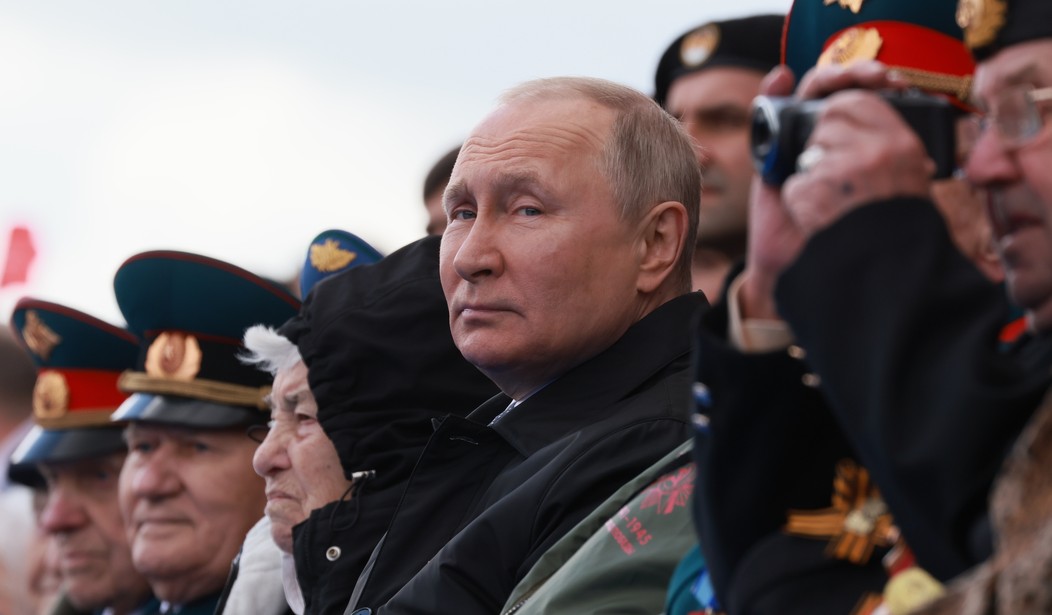One of the most important questions a commander-in-chief must ask before giving the go order is: is our military up to the task? Russia’s was not. That wasn’t obvious to most outsiders, but Russia’s generals must have known the truth.
Vladimir Putin should have known, too. Whether his generals deceived him, or whether he was ignorant about the true condition of the Russian military, is immaterial. He could and should have known but did not.
NOTE: This is the second of a three-part series called Putin’s Stupid and Unnecessary War. In Part I we looked at where the war stands after almost a year of hard fighting. Today, in Part II, I’ll show you why the decision to go to war was, well, just plain stupid.
Here’s how things went wrong from long before the start.
The Russian Army had been deployed only fitfully and not very well since the breakup of the Soviet Union in 1991 — an event precipitated in part by the (largely Russian) Soviet military’s decade-long failure in Afghanistan. It took the Russians not one, but two messy and badly fought wars to pacify Chechnya, even though it’s landlocked entirely inside the Russian Federation.
A few years later, Russia tried and failed to conquer tiny Georgia. The U.S. was distracted by a presidential election and was governed by one of America’s least-loved lame ducks (George W. Bush) and did basically nothing. Russian gains were modest, and Georgian successes revealed deep and fundamental flaws in Russian leadership, training, doctrine, logistics, and operations.
In other words, everything that counts in war.
What followed was supposed to be a reform and modernization of the Russian military.
The reform was half-assed. Essentially, Russia has two armies. The smaller one is a bit like ours, made up of professional “contract soldiers” who may be sent to fight anywhere in the world. The second is made up of poorly-trained draftees given second- or third-rate equipment and who may legally only fight within Russia’s own borders. The contract troops got the best of everything, but the best of everything in Soviet and post-Soviet Russia is usually not that good. Also, the contract forces have more hitting power but very little staying power, as discussed in this column from April of last year.
Modernization was partly successful, with large procurements of “sexy” items like fourth-plus generation fighter-bombers and tanks with fancy modern electronics. But it was also partly unsuccessful. Moscow failed to buy unsexy stuff like encrypted communications gear, or decent tires for their trucks. The result was an army that stalled far short of its objectives, suffered serious and unnecessary losses, and has now fully retreated (or nearly so) on three of its four invasion axes.
To be fair, Putin was successful in taking Crimea and bits of eastern Ukraine in 2014. But Crimea was seized via subterfuge against nonexistent Ukrainian forces. The Luhansk and Donets “people’s republics” in the Donbas were “liberated” from Kyiv with the well-armed help of local Russian speakers — help that would not be there if Putin ever decided to invade the rest of the country.
Those all-too-easy successes seem to have loomed all too large in Putin’s decision-making.
After 2014, while Moscow was doing a not-very-good job of reforming its military, Kyiv got very serious about it. The fact that the Ukraine Army of 2022 was a much more powerful combat organization than it was in 2014, was a fact the Kremlin chose to ignore.
So here’s the VodkaPundit Quick & Dirty Summary of Putin’s Ukraine War planning:
Plan A: We’ll win this thing in a few days or maybe weeks, before our undiminished problems with leadership, training, doctrine, logistics, and operations become apparent.
Plan B: Uh-oh.
It took a few months to put into operation, but Plan C has been to rush men into uniform and send them to the front to die at an increasing rate.
Plan C might work, too. Ukraine could very well break before Russia does, particularly since Putin’s power seems secure and the West’s attention span is short. But that doesn’t mean a guerrilla war will ever end, as we painfully learned in Afghanistan, Iraq, Vietnam…
So what might Putin gain, even in victory? Ruined territories that he will never fully control.
Stupid. Stupid. And still more stupid.
That’s the stupid part. In Part III on Friday we’ll talk about why this war was so unnecessary.










